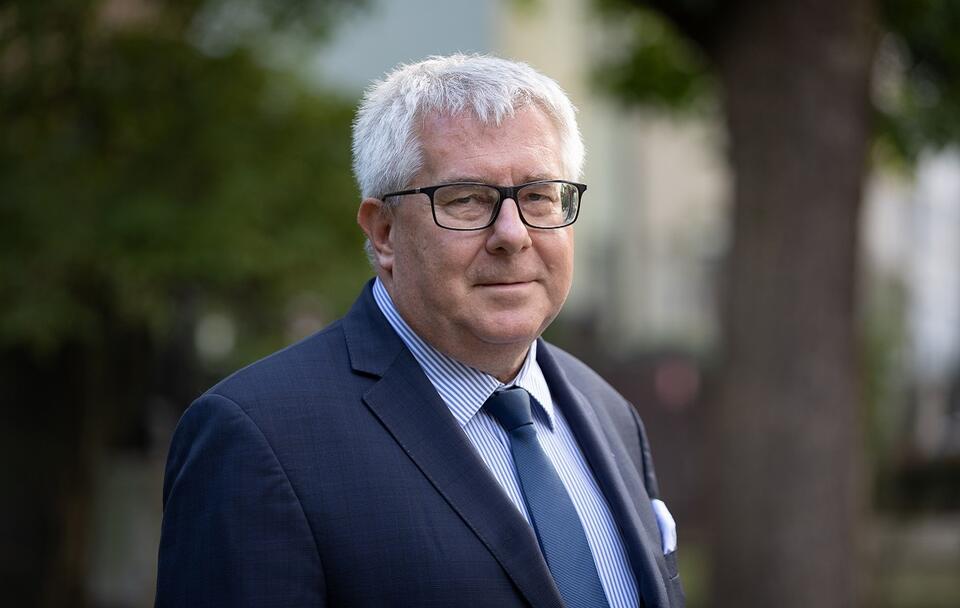ASTANA – There is no alternative other than a close cooperation with Kazakhstan, said Ryszard Czarnecki, member of the European Parliament (MEP) in an interview with The Astana Times. The purpose behind his visit to Astana this November is to deepen interparliamentary dialogue and explore the scope of interregional cooperation.

Ryszard Czarnecki. Photo credit: wpolityce.pl.
“In this new international landscape, we need more dynamic and concrete relations with Kazakhstan. Not only our economic interest, but the geopolitical outlook implies the willingness to be close to Astana and Central Asia,” he said.
The agenda of his visit foresees meetings with Kazakh diplomats, parliamentarians, and the country’s Human Rights Commissioner. Trade and economic relations, the development of regional policies in Central Asia, the rule of law, and the possibility of liberalization of the visa regime for Kazakh citizens take center stage in negotiations.
“We need a better understanding. Frankly speaking, I sometimes observe stereotypes in some of my colleagues’ activities, which are based on a limited knowledge about Kazakhstan. My goal is to give the real picture of Kazakhstan and intensify our dialogue,” said Czarnecki.
A week ago, the Kazakh delegation led by Aigul Kuspan, сhairwoman of the Committee for International Affairs, Defense and Security of the Mazhilis, the lower house of the Kazakh Parliament, participated in the 20th meeting of the European Union (EU) and Kazakhstan Parliamentary Cooperation Committee in Brussels.
In Czarnecki’s perspective, it is a good example of the “intensive exchange on a high level between the European Parliament (EP) and Kazakhstan’s Mazhilis.”
Business developments in bilateral cooperation prove Kazakhstan’s potential to expand export capacities and to seize emerging opportunities in transport and logistics on course for building regional sustainability.
“Foreign investments and joint projects with Kazakhstan in promising areas are useful for balancing power geopolitically,” said Czarnecki. Europe’s interest and its presence in Kazakhstan, according to him, correspond to regional interests in Central Asia.
In stepping up interregional cooperation, Kazakhstan, in Czarnecki’s opinion, strives to ensure that Central Asia acts as “a single block.”
“For us, Kazakhstan is the main partner in the Central Asian region. Meetings in various Central Asian formats, agreed cooperation of the five countries with the real key players from different continents are significantly beneficial for national interests and interests of the region as a whole,” he said.
As a case in point, he brought an example of the Visegrad Group, also known as V4, which represents a cultural and political alliance of four Central European countries – the Czech Republic, Hungary, Poland, and Slovakia. He emphasized that “there is much more effect in defending national interests if acting together.”
Regular meetings with MEPs demonstrate Kazakhstan’s strategic importance for the EU. On top of that, European and Kazakh experts continue to explore cost-effective and sustainable supply of critical raw materials and decarbonization of energy production on the lookout for solutions in energy and transport, corresponding to the changing geopolitical environment.
